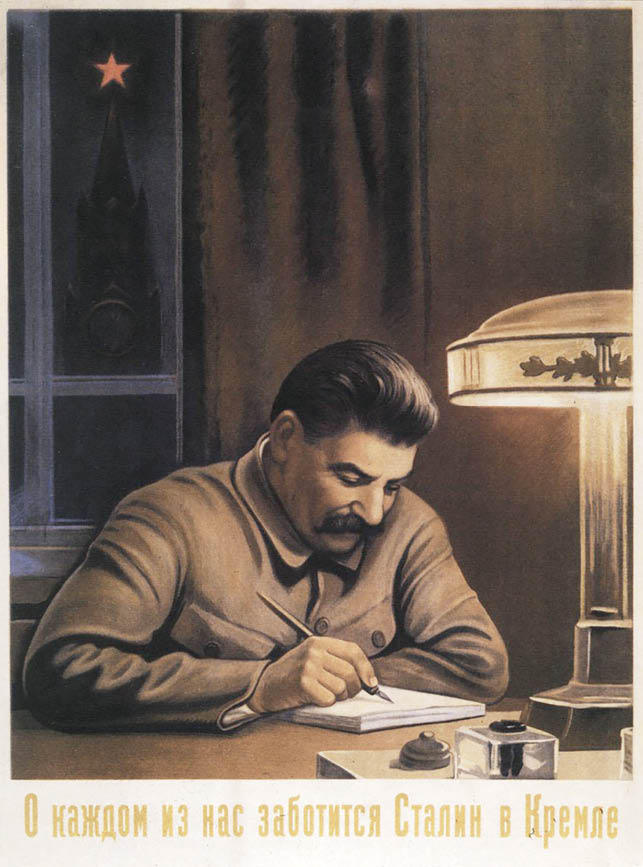Who Was Gertrude Bell?
 |
| Via Flickr |
Everybody has heard of T.E. Lawrence or Lawrence of Arabia but what about his incredibly influential female companion Gertrude Bell? As an explorer, archaeologist, diplomat, writer and spy Gertrude Bell established what we now today as modern Iraq. So who was Gertrude Bell? What did she do and why was she so important?
The Early Life of Gertrude Bell
Young Gertrude was born in 1868 in County Durham in the North East of England. Her Father was an industrialist and her Mother sadly died when giving birth to Gertrude's younger brother. Gertrude received an insight into politics from a young age since her Grandfather was the MP Sir Isaac Lowthian Bell who worked alongside Benjamin Disraeli.
When she was 17, Gertrude Bell attended Oxford University to study history, one of the few subjects on offer to women at the time.
In 1892, following her graduation, she travelled to Tehran, Persia (modern day Iran) where her Uncle, Sir France Lacelle was based as a British Minister. She travelled throughout Persia on horseback, taking photographs and learning the language. It is believed that it was this trip that sparked her curiosity in the Middle East.
Gertrude Bell the Traveler & Archaeologist
After this she visited the Middle East regularly, including Palestine and Syria whilst also traveling to Asia and Europe. During this time she learned new languages and developed and investigated archaeological sites throughout the Middle East.
Bell liked to travel in style with a Wedgwood dinner service, silver candlesticks, hairbrushes and two tents - one especially for her writing desk and one to house her bed and bath. In her 'office' tent, Gertrude wrote numerous books which informed the British population of the distant lands of the Empire.
In 1913 she was elected as a fellow of the Royal Geographical Society in London and trained as a surveyor and undertook an expedition to Arabia. Around this time she met T.E. Lawrence (of Arabia) whilst excavating at the ancient site at Carchemish. This was to be the start of an important friendship.

Via Clio
A Wartime Spy
At the beginning of the First World War, Gertrude Bell worked in the Boulogne office of the Red Cross in the Wounded and Missing Enquiry Bureau and later moved to the same department in London.
In 1915, her long-time friend and member of the Naval Intelligence Division, David Hogarth, recruited Gertrude Bell for the Arab Bureau in Cairo as part of the British Intelligence Unit. T.E. Lawrence also worked for the unit and the two became good friends. Together they tried to form alliances with the Arab Tribes, interpreted reports and documented local tribes. Bell also wrote a book titled The Arab of Mesopotamia which acted as an instruction manual for British officers arriving in Basra.
From 1916, Bell held a wealth of positions including Official Correspondent to Cairo and the Head of the Iraq Branch of the Arab Bureau. Her wealth of knowledge of Arab cultures and history were very useful for the Intelligence Unit and allowed her to gain a great deal of influence in the region.
 |
| On the Aerodrome at Amman. Col. Laurence [T.E. Lawrence]. Sir Herbert Samuel. Amir Abdullah. April, 1921 - Gertrude Bell is on the Far Left |
Gertrude Bell: The Founder of Modern Day Iraq
In 1917, British forces captured Baghdad. Gertrude Bell joined the British Administration in Baghdad alongside Percy Cox. With her vast knowledge of the Middle East and her fluency in Arabic and Persian, she became directly involved what was considered the political reinvention of Mesopotamia.
Bell was dedicated to ensuring that the British administration worked in the interest of the Iraqi population but had her own ideas about what those were, which we might call into question by today's standards. For example, she did not like the idea of having an Arab Amir leading the country rather than her friend the Englishman, Percy Cox.
Following the end of the war, Bell attended key conferences such as the Paris Peace Conference, and was heavily involved in reshaping Iraq by negotiating its borders and selecting a leader. She helped the colonial authorities to install Faisal I as the new monarch and assisted the British diplomats and local leaders to establish a stable government and infrastructure. In a letter to her Father she stated:
"I had a well spent morning at the office making out the Southern desert frontier of the Iraq […]. One way and another, I think I’ve succeeded in compiling a reasonable frontier" - via The Extraordinary Gertrude Bell
In her efforts she ensured that the new state of Iraq was founded from the three Ottoman provinces of Mosul, Baghdad and Basra. In 1921 she attended a conference in Cairo with Winston Churchill to determine the boundaries of Iraq and was the only woman present at the meeting. As a result of her work, Gertrude Bell was one of the most influential and important figures in shaping modern day Iraq.
Founding the National Museum of Iraq
After assisting with the creation of modern day Iraq, Gertrude Bell remained in Baghdad working to fund and construct an archaeological museum. I think she'd have a thing or two to say about the British Museum as she was a firm believer in keeping antiquities in their place of origin and not taking them to be displayed in museums in Europe. The result of her work was the National Museum of Iraq, which is known today as The Iraq Museum.
Sadly, Bell died after an overdose of sleeping pills in 1926. This has been interpreted as a suicide.
Gertrude Bell's legacy lies in her extensive research and wealth of knowledge of the Middle East documented in her extensive writings. Although Bell may seem like a feminist icon as she was a woman working in predominantly male orientated world of diplomacy and intelligence, she was a strong opponent of the women's suffrage movement. She was even one of the founding members of the Anti-Suffrage League believing that women lacked the capability to have the intelligence and understanding of the world of politics.
Don't forget to watch the movie Queen of the Desert, which is all about her life and features Robert Pattinson as T.E. Lawrence.



